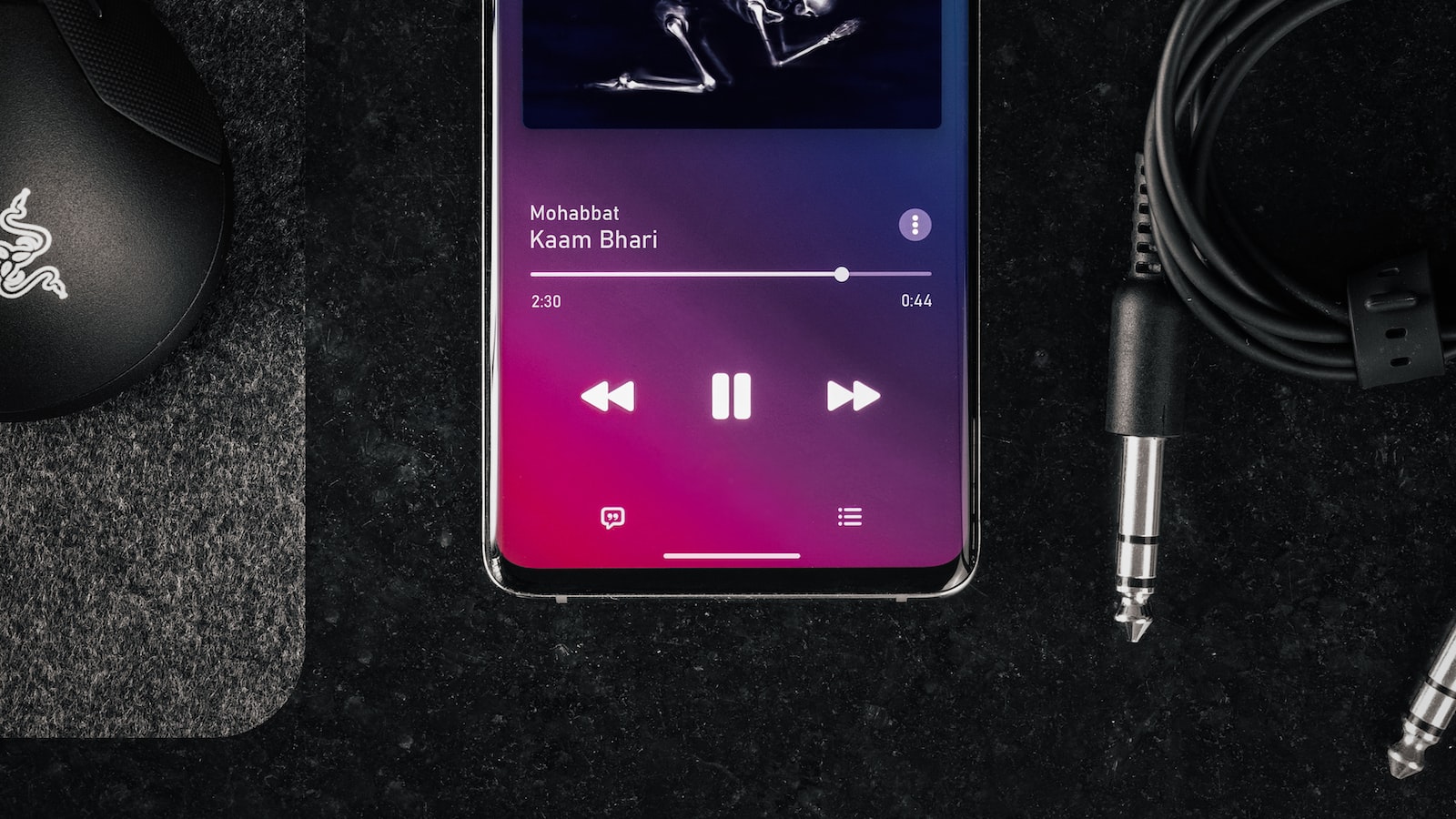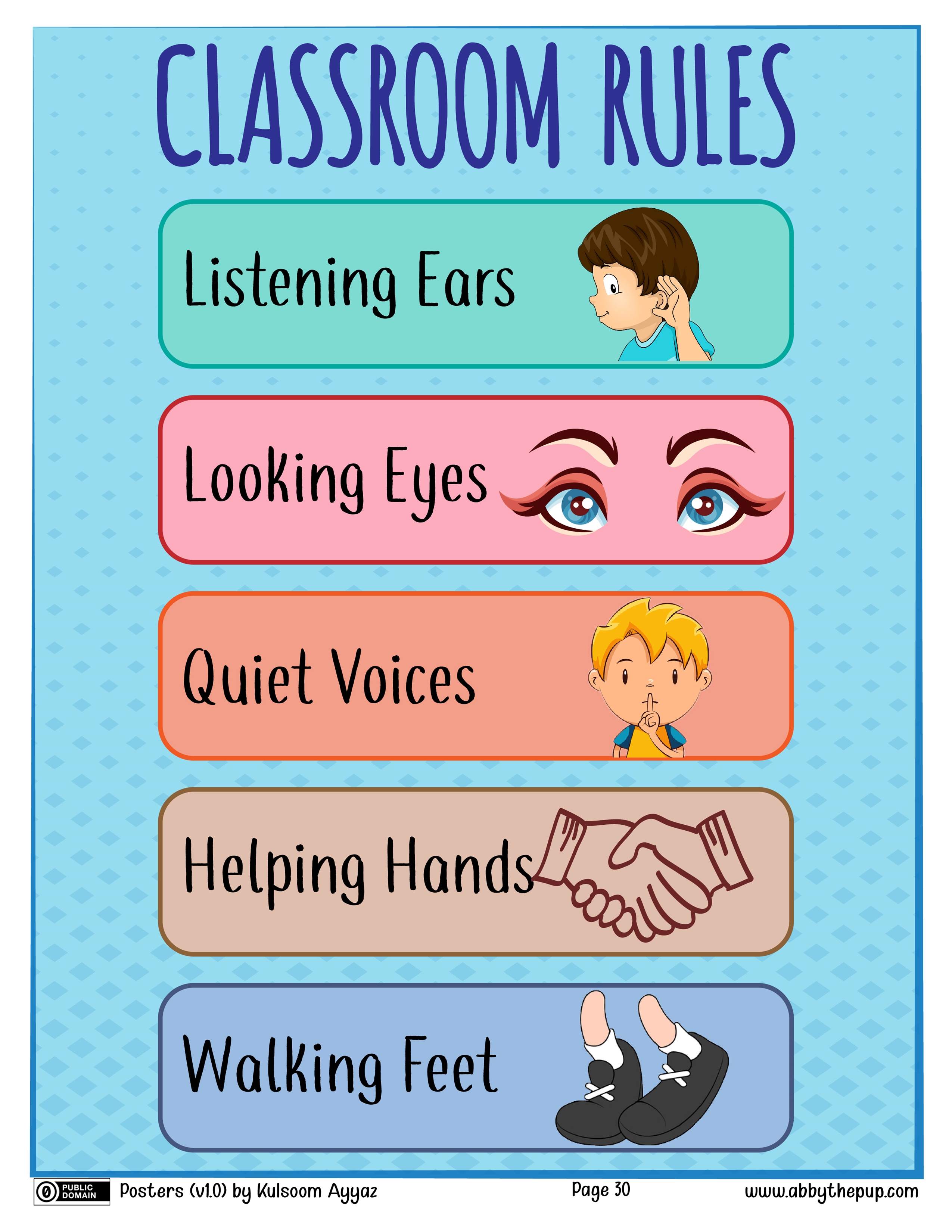At first glance, Apple Music’s algorithm for curating music just seems magical: you select a song you love, and suddenly you’re presented with a list of songs that fit your exact music tastes. But the truth is that there’s a fascinating science behind those song selections. From data collection and analytics to Machine Learning, let’s take a look at the ingenious technology propelling Apple Music’s ‚For You‘ recommendations.
1. Investigating Apple Music’s Predictive Algorithms
Apple Music has been leveraging predictive algorithms to provide a better and more personalized music-streaming experience to its customers. Here, we’ll discuss how the algorithms work, how they are used to shape our music experience, and their impact on the streaming industry.
- Music Preferences -The algorithms are used to determine our music preferences. This is based on our listening history, habits, reactions, and ratings. This data is then used to suggest music we may like.
- Playlist and Radio Station Recommendations – Apple Music also makes custom-made playlists and radio stations available for its users. Some of these songs are based on what’s trending in the industry, while others are based on what the algorithms consider to be our unique tastes.
The algorithms have been successful in increasing user engagement and loyalty. By providing an immersive and tailored-made music experience, Apple Music is cementing its position as one of the top streaming platforms.

2. Understanding the Meaning of Personalized Music Recommendations
Know the Algorithmic Logic Behind Music Recommendations
The modern music industry is now powered by powerful artificial intelligence systems like recommendation engines. Such recommendation engines use complex algorithms to determine which songs to suggest to users. They do so by analyzing user data, such as previous searches, listening history, and the type of music they typically prefer. These insights guide the recommendation engine to provide more personalized and accurate music recommendations for each user.
Comprehend Different Recommendation Engagement Strategies
It is important to understand the various types of engagement strategies in order to customize the experience for a particular user. One such strategy could be a ‚Discover Weekly‘ feature that curates a playlist of new music for a user every week. Another strategy could involve introducing personalized selections highlighting a new artist or album. Additionally, recommendation algorithms can even be used to create interactive playlists that use audio features like tempo, loudness, and rhythm to create the perfect fit for a user’s taste. Through all these strategies, users are given a more in-depth musical experience catered to their individual preferences.
3. Unlocking the Hidden Metadata Benefits of ‚For You‘
Accessing With Smart Curating
Most of the time, data is just a sea of numbers and rows with no meaning. But with ‚For You‘ you can unlock a hidden benefit buried in the mass of data. By using smart curating and going through the data you can identify powerful and interesting trends and comparisons that were previously unknown. These could have a major impact on the bottom line of any kind of business.
Potential Provided By Responsive Analyzing
In addition to finding hidden value in the data, ‚For You‘ also provides a great advantage with its responsive analyzing. It quickly looks at the numbers given and can change its approach accordingly. This means that it can react quickly to changes in the market or in customer behavior to give you an edge on the competition.
- Identify powerful and interesting trends and comparisons that were previously unknown
- Provides a great advantage with its responsive analyzing
- React quickly to changes in the market or in customer behavior
- Unlocks a hidden benefit buried in the mass of data

4. Applying New Insight to Enhance Your Listening Experience
Developing your listening skills is one of the most important skills one can have – it helps build relationships, makes conversations more stimulating, and helps you better understand people. To take your listening skills to the next level, why not try to apply the new ideas and insights that you encounter each day to enhance your experience?
- First, make it a goal to be open to new ideas and information. Try to understand things from a variety of perspectives, and try to implement a more accepting attitude towards different types of ideas and opinions.
- Encourage yourself to ask questions – don’t just accept what others say as fact; instead, ask why the information is important, how it’s being used, and how it relates to the bigger picture.
- Finally, practice active listening – don’t just wait for your turn to talk. Take the time to really listen to the other person and respond thoughtfully.
By putting in the effort to apply new knowledge to your listening experience, you’ll be able to gain an even better understanding of people and situations that will prove invaluable.
The genius of Apple Music’s ’For You‘ recommendations lies in their ability to use the science and data of music streaming to help you find joy in the sounds and music you love and discover something new. While Apple Music might be an artificial intelligence, it’s sure to bring a smile to your face.

